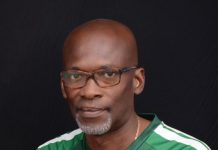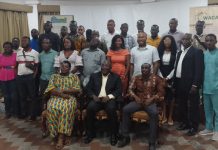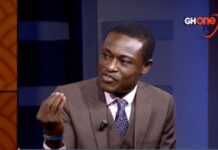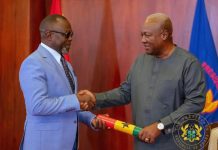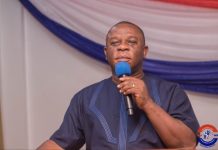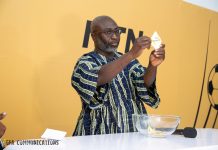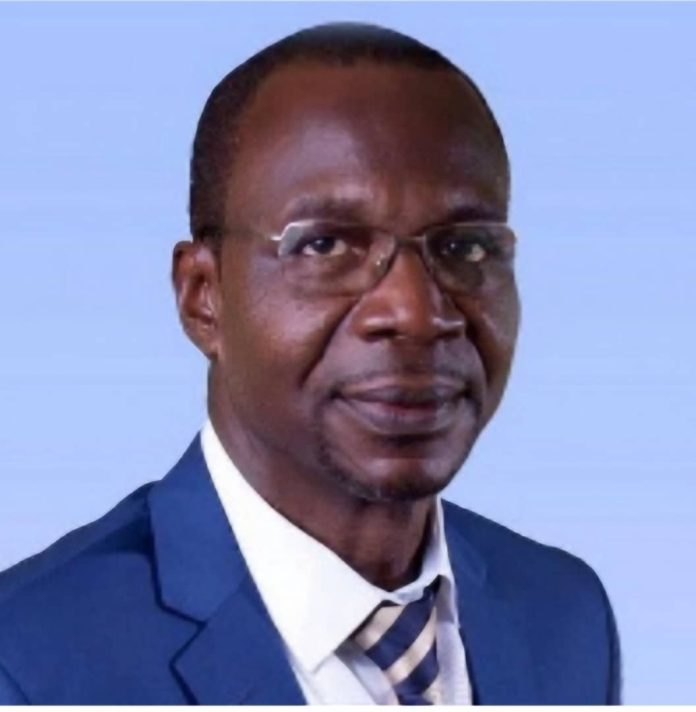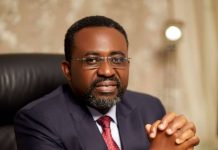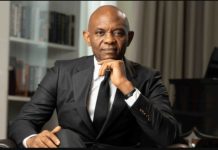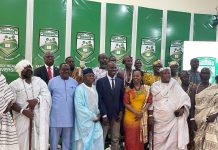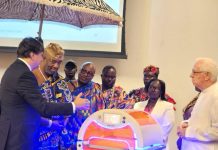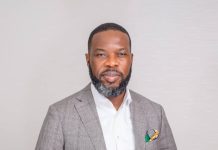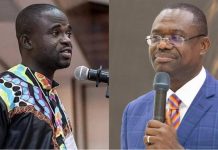Author: Fiifi Nettey || Media Consultant
As journalists, we are trained to tell the stories of others—digging deep to uncover the truth, shining a light on injustice, and chronicling history as it unfolds. But in doing so, we often overlook our own narratives and the individuals who have shaped our professional journeys. Today, I turn the spotlight on a man whose influence has been deeply imprinted on my career and on Ghana’s journalism as a whole—Mr. Affail Monney, former President of the Ghana Journalists Association (GJA).
A Chance Encounter That Became a Lifelong Connection
Our story dates back to the early 1990s when I was just beginning my journey as a employer of the Ghana InternationalPressCentre headquartersoftheGhana Journalists Association. The media landscape was shifting, and the GJA was still evolving. The association’s constitution had not yet taken its current form that is not reviewed yet, and the press center itself was a far cry from what we know today. It was during one of the many World Press Freedom Day celebrations that I first encountered Mr. Monney.
I recall standing by the entrance of the old press center, observing the arrival of senior journalists and industry stakeholders. Then, Mr. Monney drove in, exuding the quiet confidence that would become his trademark. As he stepped out of his vehicle, he walked toward me, extended his hand, and with a warm smile, simply asked, “How are you?”
It was a small gesture, but one that carried weight. In an industry where young journalists often struggle to find mentors, that moment felt like an open door. From that day, a professional relationship began—one built on mutual respect, mentorship, and invaluable guidance.
Lessons from a Man of Wisdom
Over the years, my conversations with Mr. Monney became more frequent. He was always willing to share insights, never in an overbearing way, but with a humility that made his words even more powerful. His advice wasn’t just about journalism; it was about life, ethics, and the importance of perseverance.
As he rose through the ranks of the GJA—from an executive member to Vice President, and eventually serving two terms as President—his responsibilities increased, but so did his generosity in guiding younger journalists like myself. His door was always open, and his words carried the weight of experience.
One of his most striking qualities was his command of the English language. Mr. Monney speaks with an elegance that makes you pause and listen, his words carefully chosen yet effortlessly poetic. But beyond the beauty of his expressions, he was a man of integrity. He was never one to shy away from tough decisions, and even in the face of criticism, he remained resolute in his principles.
Mr. Monney is a devout Christian who takes his faith very seriously. He seamlessly integrates his Christian values into his journalism.
A Champion of Press Freedom
One of the greatest lessons I learned from Mr. Monney was the value of courage in journalism. Throughout his career, he fought for press freedom, advocating for journalists’ rights in a profession that often puts its practitioners at risk.
In a media environment where political pressures and economic challenges can stifle independent journalism, Mr. Monney remained steadfast. He understood that journalism was not just about reporting facts but about protecting the truth and ensuring that the voices of the people were heard.
His leadership at the GJA came at a time when the role of journalists was being questioned, with attacks, and he had to navigate the delicate balance between advocacy and diplomacy. There were times when his decisions were met with resistance, but he never wavered. Instead, he stayed committed to his mission: strengthening the journalism profession and ensuring that press freedom in Ghana was upheld.
More Than a Mentor—A Father Figure
For me, Mr. Monney was more than just a mentor—he became a father figure in many ways. His belief in my potential pushed me to aim higher, to be fearless in my pursuit of truth, and to uphold the ethics of the profession.
There were times in my career when challenges seemed overwhelming, when I questioned whether I was on the right path. And in those moments, I would remember his words: “Journalism is not just a job; it is a responsibility.” Those words kept me grounded, reminding me that the work we do as journalists has a purpose beyond headlines and bylines.
A Lasting Legacy
As I reflect on Mr. Monney’s influence, I realize that his legacy is not just in the positions he held or the awards he received, but in the countless journalists he has mentored, the principles he has upheld, and the standard of excellence he has set.
This piece is to celebrate a man who has done so much, not just for me but for Ghana’s entire journalistic community. His dedication, wisdom, and unwavering commitment to press freedom will continue to inspire generations of journalists.
As journalists, we are often so consumed with telling the stories of others that we forget to acknowledge those who have helped us along the way.
Today, I take a moment to do just that—to celebrate Mr. Affail Monney, a mentor, a friend, and a true pillar of journalism in Ghana.


